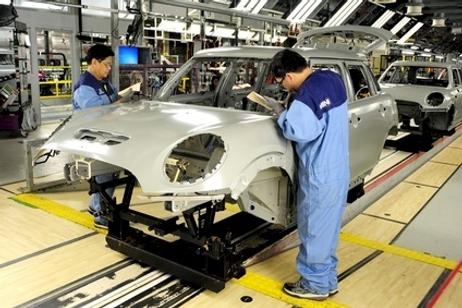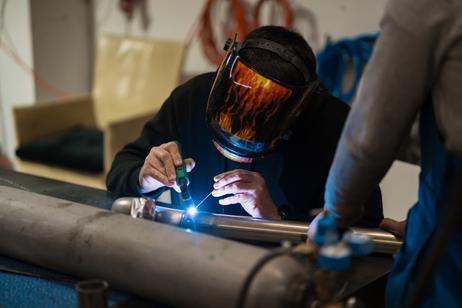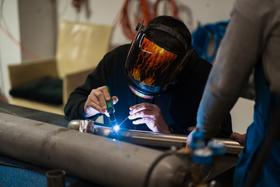When the economy collapsed in 2008, car manufacturers were one of the biggest industries to feel the pinch. Four years later, the industry is slowly but surely rebounding, but without a skilled workforce, it needs to rebuild properly. According to many recent reports, the solution to the worker shortage appears to be community colleges; more specifically, in community colleges across the country that are partnering with major auto manufacturers to make sure the skilled workers are ready and able to take the jobs that are currently open and waiting for them.
Major Companies Partner with Schools
Higher education occasionally makes strange bedfellows, with the latest auto manufacturing collaboration coming from some unlikely allies. The Huffington Post reports that Ford, GM, and Toyota are teaming up with other manufacturers to create a training curriculum that will meet the needs of the entire industry. The curriculum will specifically be geared toward community colleges, particularly those in Michigan – the auto manufacturing capital of the country that could use an economic boost since the recent recession.
These new auto training programs will be broad enough to encompass the various manufacturers' products, while specific enough to bring students right from the classroom to the assembly line. Studies will focus on helping students compete globally, using skills that will easily translate from one manufacturer to another. The joint effort between the automakers ensures that every piece of the curriculum will be relevant to the entire auto industry in the



















